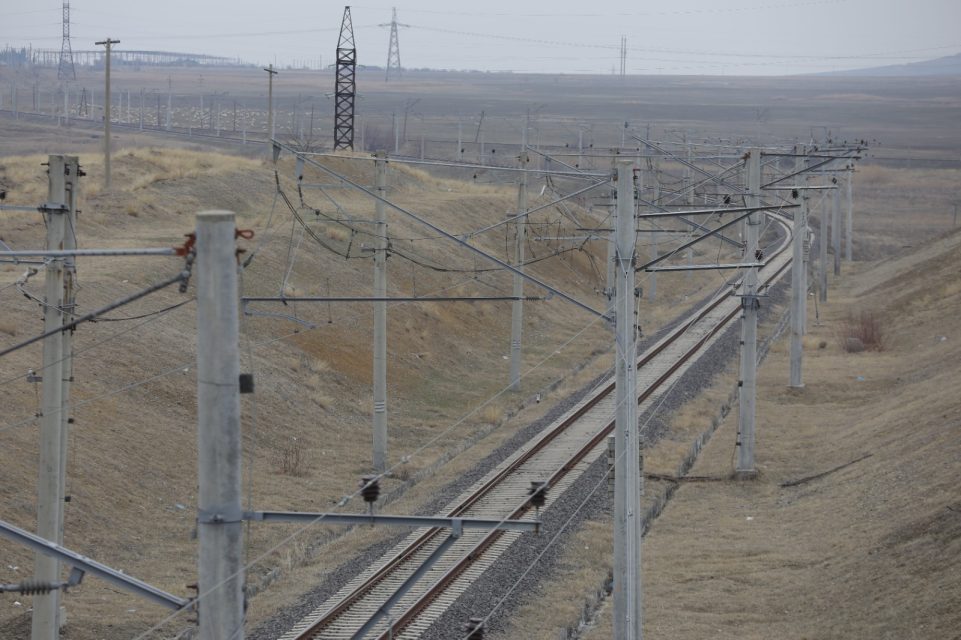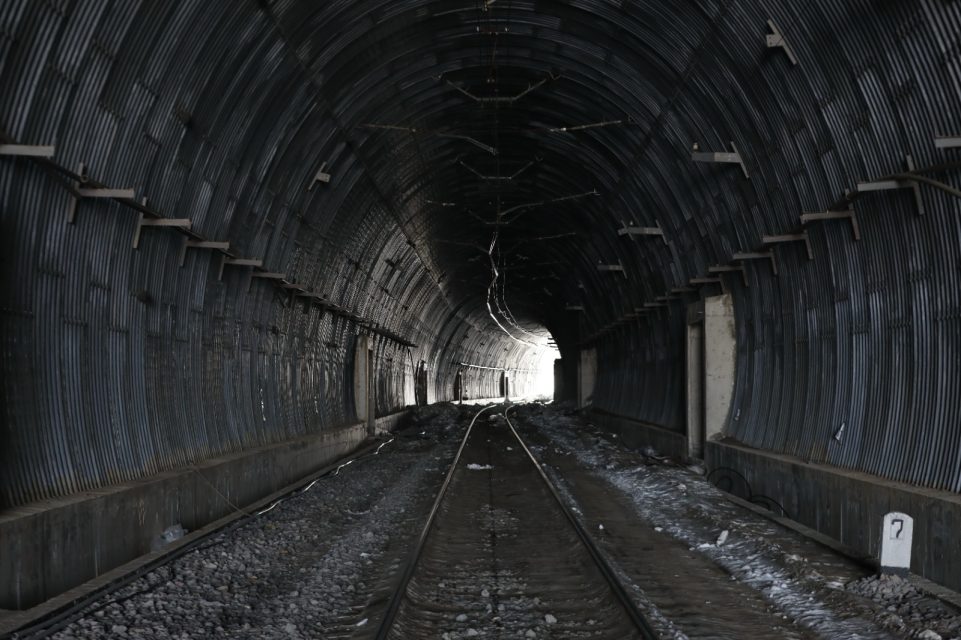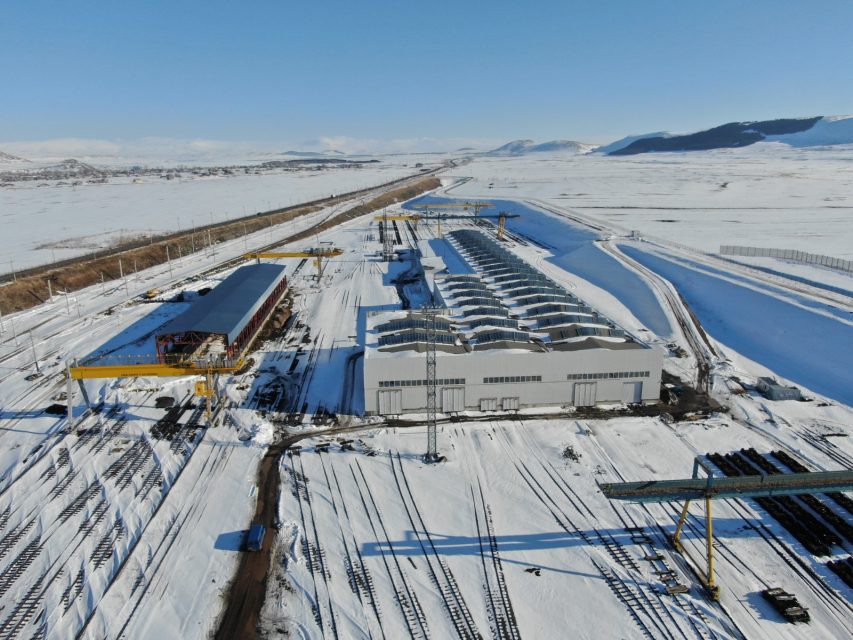The Baku-Tbilisi-Kars railway line (BTK), spanning the territories of Azerbaijan, Georgia and Turkey, has been undergoing a major ‘facelift’ since last year. The goal is for the line to regain its past prestige and become a key route extending the Middle Corridor’s rail leg through Turkey to Europe. “We will commence cargo operations soon,” commented Veysi Kurt, the Director General of the State Railways of the Republic of Turkey. On his behalf, Azerbaijan Railways chairman Rovshan Rustamov confirmed that the railway line will be ready by April 2024.
The railway industry is familiar with the BTK line. In the past, the railway stretch was used by Russian logisticians to reach Turkey, while regionally, it played a significant role in connectivity between the neighbouring states and their railways. For some time, the BTK line was also highlighted by Turkish companies active in Eurasian logistics as a key route for direct Turkey-China connections.
With the Russian railway route blocked due to sanctions and the rise of the Middle Corridor as an alternative, one would think the BTK line would be under the spotlight again. Logically speaking, the BTK would be the natural overland extension of the Middle Corridor, facilitating the movement of freight trains between Europe, Central Asia, and China.

Nevertheless, experience and practice have proven that the BTK railway could not fulfil this role, making the multimodal Middle Corridor route via Poti and Constanta more feasible. The main reason behind this was limited capacity, but also the harsh terrain the line transits through, which substantially challenges operations. The ongoing upgrade works target these two issues, hoping that a transformed route will be available to customers by the line’s reopening in April. “Our tasks include strengthening the railway infrastructure, increasing the transportation capacity, and ensuring safety,” said Rovshan Rustamov.
From 1 to 5 million tons annually
Capacity constraints have been plaguing the BTK line, which, despite its pivotal location, could not exceed 1 million tons of transit cargo per year. The upgrade works, which are carried out jointly by the Azerbaijani, Georgian and Turkish governments and railway administrations, aim to multiply the line’s capacity and reach up to 5 million tons of transit cargo per year.
“Such an enhancement will elevate the BTK’s status, making it a key component of the Middle Corridor. The growing need to augment the flow of goods from Central and broader Asia towards the West, and the reverse, reflects both a current demand and a new global trend,” commented Rustamov, adding.

Joint venture to manage restarting operations
So far, 95 per cent of the line’s upgrade, including repair, reconstruction, and construction works along a 183-kilometre stretch, has been completed. It should be noted that the project is split into five parts, all of which are located in Georgia. The fifth part of the project does not concern the line upgrade itself, but the construction of a 110-hectare logistics complex in Akhalkalaki, near the Georgian-Turkish border.
“All resources have been mobilised to complete the remaining works by April. Following the project’s completion, a joint venture should be established between Azerbaijan and Georgia to efficiently manage operations on the BTK and attract new cargo. Respective work has already begun, and the establishment of a joint venture is expected soon,” Rustamov concluded.
